Certified AI in Healthcare Specialist
Length: 2 days

The Certified AI in Healthcare Specialist Certification Course by Tonex is designed to provide healthcare professionals, data scientists, and IT specialists with the skills and knowledge necessary to implement and manage artificial intelligence (AI) technologies in healthcare settings.
This course covers the integration of AI in diagnostics, imaging, predictive analytics, personalized medicine, healthcare operations management, and the ethical considerations involved. Participants will learn through a combination of theoretical lectures, practical exercises, and case studies.
Learning Objectives:
- Understand the fundamentals of AI and its applications in healthcare.
- Apply AI techniques in diagnostics and medical imaging.
- Utilize predictive analytics to enhance healthcare decision-making.
- Implement AI solutions for personalized medicine to improve patient outcomes.
- Manage healthcare operations using AI tools for efficiency and effectiveness.
- Navigate ethical considerations and regulatory requirements in AI deployment in healthcare.
Target Audience:
- Healthcare professionals (physicians, nurses, healthcare administrators)
- Data scientists and analysts
- IT professionals in the healthcare industry
- Medical researchers and academicians
- Healthcare technology innovators and entrepreneurs
Program Modules:
- AI for Diagnostics and Imaging
- Introduction to AI in Medical Imaging
- AI Algorithms for Image Analysis
- Machine Learning in Radiology
- Case Studies: AI in Imaging Diagnostics
- Integration of AI Tools in Clinical Workflow
- Future Trends in AI Diagnostics
- Predictive Analytics in Healthcare
- Fundamentals of Predictive Analytics
- Data Collection and Management in Healthcare
- Predictive Modeling Techniques
- Case Studies: Predictive Analytics in Patient Care
- Tools and Technologies for Predictive Analytics
- Implementing Predictive Analytics in Healthcare Systems
- AI in Personalized Medicine
- Overview of Personalized Medicine
- AI Techniques for Personalized Treatment Plans
- Genomics and AI
- Case Studies: AI in Precision Medicine
- Challenges and Opportunities in Personalized Medicine
- Future Directions in AI-Driven Personalized Medicine
- AI for Healthcare Operations Management
- Introduction to AI in Operations Management
- AI for Resource Allocation and Scheduling
- AI in Supply Chain Management
- Case Studies: Operational Efficiency through AI
- AI-Driven Decision Support Systems
- Implementing AI Solutions in Healthcare Operations
- Ethics and AI in Healthcare
- Ethical Principles in AI
- Privacy and Security Concerns
- Bias and Fairness in AI Algorithms
- Regulatory Frameworks and Compliance
- Case Studies: Ethical Dilemmas in AI
- Strategies for Ethical AI Implementation in Healthcare
By the end of the Certified AI in Healthcare Specialist Certification Course, participants will be equipped with the expertise to leverage AI technologies to enhance patient care, optimize healthcare operations, and address the ethical challenges associated with AI in the healthcare industry.
Exam and Certification Details
Exam Domains:
- Industry-Specific AI Applications: Understanding the unique applications and benefits of AI in the respective industry.
- AI Tools and Techniques: Knowledge of AI tools, techniques, and technologies used in the industry.
- Implementation Strategies: Skills in implementing AI solutions within industry-specific contexts.
- Regulatory and Ethical Considerations: Understanding the regulatory and ethical implications of AI in the industry.
- Case Studies and Best Practices: Analyzing real-world examples and best practices of AI implementation.
Question Types:
- Multiple Choice Questions (MCQs): Questions with four or more answer choices, where only one is correct.
- Multiple Select Questions: Questions with multiple correct answers out of a list of options.
- True/False Questions: Questions that require the candidate to determine if a statement is true or false.
- Scenario-Based Questions: Questions that present a hypothetical scenario and ask the candidate to apply their knowledge to solve a problem or make a decision.
- Drag-and-Drop Questions: Interactive questions where candidates drag and drop items to match, sort, or rank them correctly.
- Simulation Questions: Questions that require candidates to perform tasks or troubleshoot problems in a simulated environment.
Passing Criteria:
- Minimum Passing Score: Candidates must score at least 70% on the exam to pass.
- Sectional Cutoff: Candidates must achieve a minimum score of 60% in each exam domain to ensure a balanced understanding of all key areas.
- Time Limit: The exam must be completed within 3 hours. Candidates are encouraged to manage their time effectively across all sections.
